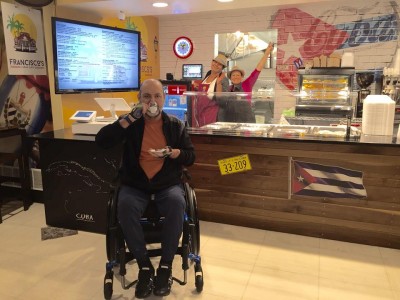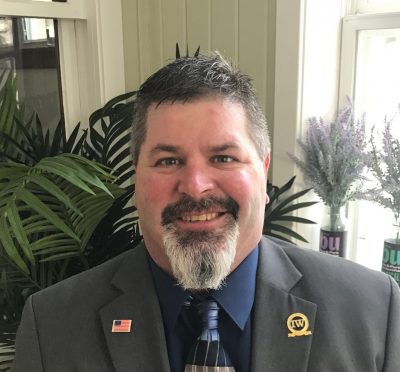 The Southeastern Minnesota Building & Construction Trades Council is comprised of 16 local skilled trades unions. The Council is dedicated to educating and training workers in the skilled trades that can provide stability of employment and economic security for organized construction workers in the Southeast Minnesota area. Nate O’Reilly, President of the Southeastern Minnesota Building & Construction Trades Council, has been involved in the construction industry for more than 20 years in various roles and recently shared more about his career and the Council’s priorities.
The Southeastern Minnesota Building & Construction Trades Council is comprised of 16 local skilled trades unions. The Council is dedicated to educating and training workers in the skilled trades that can provide stability of employment and economic security for organized construction workers in the Southeast Minnesota area. Nate O’Reilly, President of the Southeastern Minnesota Building & Construction Trades Council, has been involved in the construction industry for more than 20 years in various roles and recently shared more about his career and the Council’s priorities.
DMC: What path brought you to your current position with the Southeastern Minnesota Building & Construction Trades Council?
O’Reilly: After High School and joining and serving in the Army Reserve, I began working in construction, and after a few years, I was exposed to and joined the Ironworkers. I worked several years as an Ironworker in many roles, from starting out as worker and welder in a crew to foreman, general foreman, and other leadership and project management roles. I became active with the Ironworkers Union and was appointed and then elected as Business Representative in 2014. I have served as Ironworker delegate to the Building Trades Council, elected by trade affiliates as V.P. of the Council in 2017, and elected as President in 2018.
DMC: What are some of the top priorities for the organization in the coming year?
O’Reilly:
- Continue working with stakeholders to expand opportunities for workers in the construction industry in Southeast Minnesota.
- Provide the education and training for the next generation of skilled craftspeople to meet the high and increasing demand in the construction market.
- Advocate for and support conditions and policies that ensure a level playing field for businesses and contractors that result in maximizing economic benefits to Southeast Minnesota and our state, including: prevailing wage, local hire, and female & minority inclusion.
DMC: What do you feel sets Rochester apart from other cities?
O’Reilly: Rochester and Southeast Minnesota have one of the best pools of potential workers possessing the drive and work ethic found anywhere. The DMC initiative undertaken by the City of Rochester, Olmsted County, State of Minnesota, and Mayo Clinic is the largest public-private partnership in the state’s history and could serve as the model to be used throughout Minnesota and the rest of the nation.
DMC: Why is the Destination Medical Center initiative so important to the future of Rochester?
O’Reilly: Positioning Rochester as the premier place in the world for health and wellness has ripple effects in all sectors of the economy throughout our region and will ensure economic prosperity and stability for generations to come.
DMC: What advice would you give to someone thinking about building a life, starting a career, and/or raising a family in America’s City for Health?
O’Reilly: Throughout my career, I have had the opportunity to work and spend significant time in 44 different states. I am proud to have been to those places and some have great things to offer, but none, in my humble opinion, offer the entire package of the best place in America to work, live and raise a family as the Rochester, Minnesota area. And don’t let the cold winters scare you. We have fabulous changes of seasons and weather.
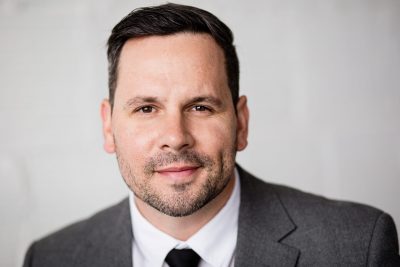
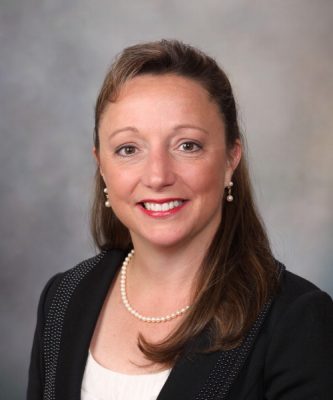 DMC: You recently took on a role in the Mayo Clinic Center for Innovation. How has design thinking – CFI’s primary methodology – impacted your evolving approach to health care delivery?
DMC: You recently took on a role in the Mayo Clinic Center for Innovation. How has design thinking – CFI’s primary methodology – impacted your evolving approach to health care delivery?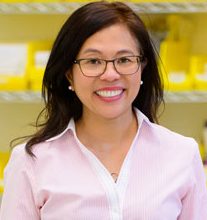
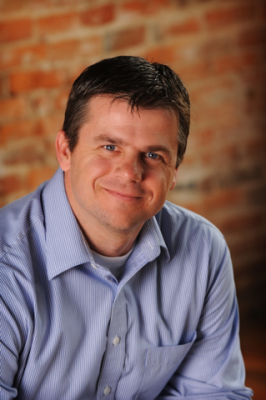
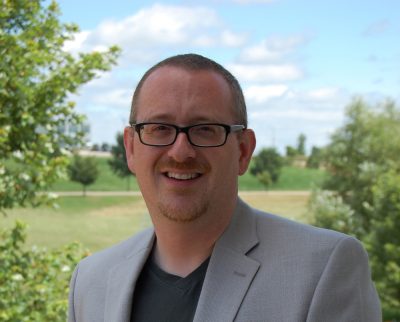
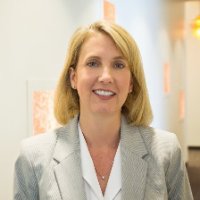
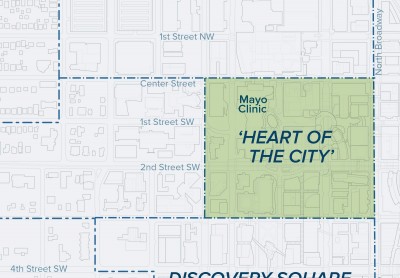
 he resume of Rochester-based entrepreneur
he resume of Rochester-based entrepreneur 